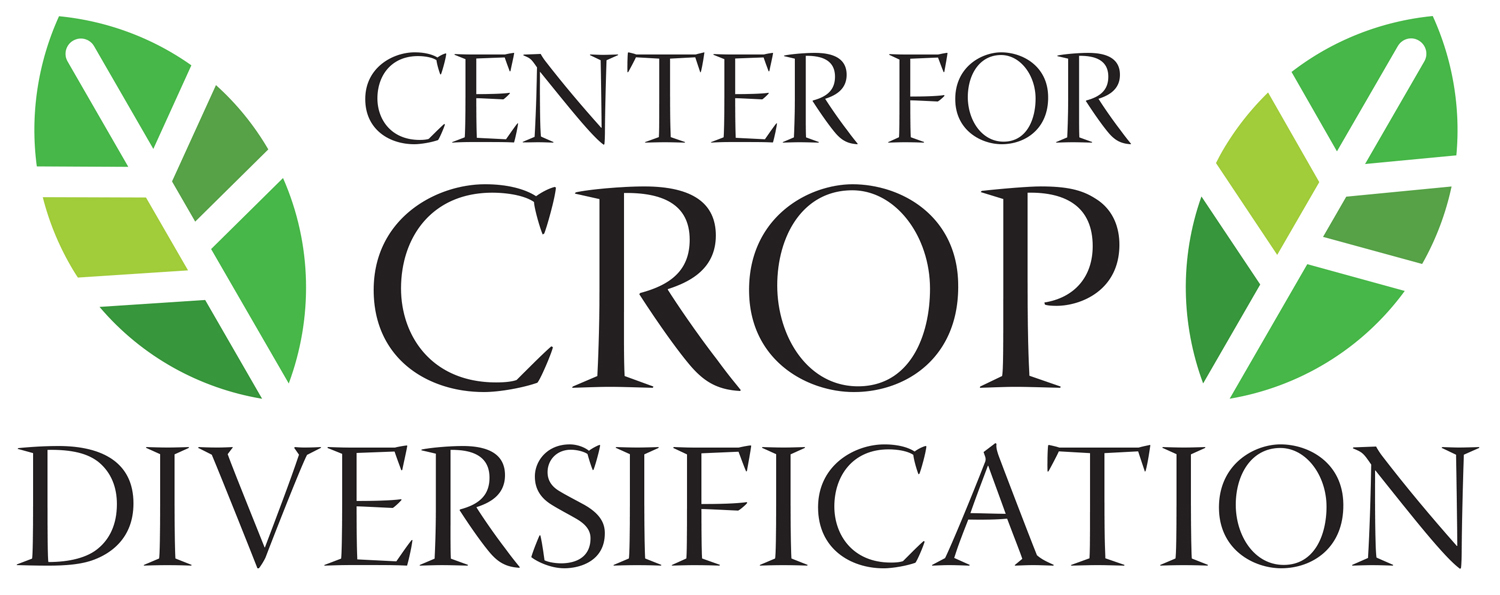Container Nursery Production
The container nursery business involves the production and marketing of ornamental trees and shrubs, fruit trees, and perennial flowers grown in above-ground containers. This production method has helped revolutionize the nursery business in the last few decades. Some of the advantages of container production include: less acreage required for production, handling convenience, and a nearly year-round harvest and planting season.
Marketing
 Nursery crops are marketed in several different ways: Retailers market directly to the end consumer, typically homeowners. This is most commonly done either through retail nurseries, which produce some or all of their own plant material, or garden centers, which purchase their inventory from a wholesale nursery. Mail-order nurseries also sell directly to the end consumer, but their plants are shipped directly to the customer rather than sold at a retail outlet. This is a great option for nurseries that produce specialty plants and whose customers are plant enthusiasts located across the country or globe. The vast majority of mail-order nurseries sell either bare root or small container-grown plants (1-gallon containers or smaller) due to high shipping costs and difficulties in packaging, but larger plants can also be sold by mail-order nurseries if they are highly valuable. Wholsalers produce plants that are typically sold in large batches at significantly lower prices to landscapers, retailers, or other nurseries that grow and resell the material at a larger size. Wholesale production is most efficient and profitable when a limited number of plants are grown in large numbers. Re-wholesalers purchase large orders of various plants from wholesale producers and resell the plants to landscapers requiring diverse but smaller orders. Landscape nurseries produce plants for their own in-house landscaping service, but may also sell plants at a retail outlet.
Nursery crops are marketed in several different ways: Retailers market directly to the end consumer, typically homeowners. This is most commonly done either through retail nurseries, which produce some or all of their own plant material, or garden centers, which purchase their inventory from a wholesale nursery. Mail-order nurseries also sell directly to the end consumer, but their plants are shipped directly to the customer rather than sold at a retail outlet. This is a great option for nurseries that produce specialty plants and whose customers are plant enthusiasts located across the country or globe. The vast majority of mail-order nurseries sell either bare root or small container-grown plants (1-gallon containers or smaller) due to high shipping costs and difficulties in packaging, but larger plants can also be sold by mail-order nurseries if they are highly valuable. Wholsalers produce plants that are typically sold in large batches at significantly lower prices to landscapers, retailers, or other nurseries that grow and resell the material at a larger size. Wholesale production is most efficient and profitable when a limited number of plants are grown in large numbers. Re-wholesalers purchase large orders of various plants from wholesale producers and resell the plants to landscapers requiring diverse but smaller orders. Landscape nurseries produce plants for their own in-house landscaping service, but may also sell plants at a retail outlet.
Production
 Container-grown plants need to be frequently irrigated, often multiple times per day, throughout the growing season. Consequently, a reliable source of clean, pest-free water is one of the most important considerations in selecting a suitable location. The ideal production site will have a slightly sloping topography (less than 5 percent slope) and offer water drainage to a pond or retention basin for recycling back to the crop. Fields with hardpans and those that flood periodically should be avoided. Low areas, which can serve as frost pockets, and windy hilltops should also be avoided. The site’s native soil type is not nearly as important as it is with field-grown crops because container-grown plants are grown in customized soilless media. However, poorly drained soils can require site modifications to ensure that excess water moves out of the growing area.
Container-grown plants need to be frequently irrigated, often multiple times per day, throughout the growing season. Consequently, a reliable source of clean, pest-free water is one of the most important considerations in selecting a suitable location. The ideal production site will have a slightly sloping topography (less than 5 percent slope) and offer water drainage to a pond or retention basin for recycling back to the crop. Fields with hardpans and those that flood periodically should be avoided. Low areas, which can serve as frost pockets, and windy hilltops should also be avoided. The site’s native soil type is not nearly as important as it is with field-grown crops because container-grown plants are grown in customized soilless media. However, poorly drained soils can require site modifications to ensure that excess water moves out of the growing area.

